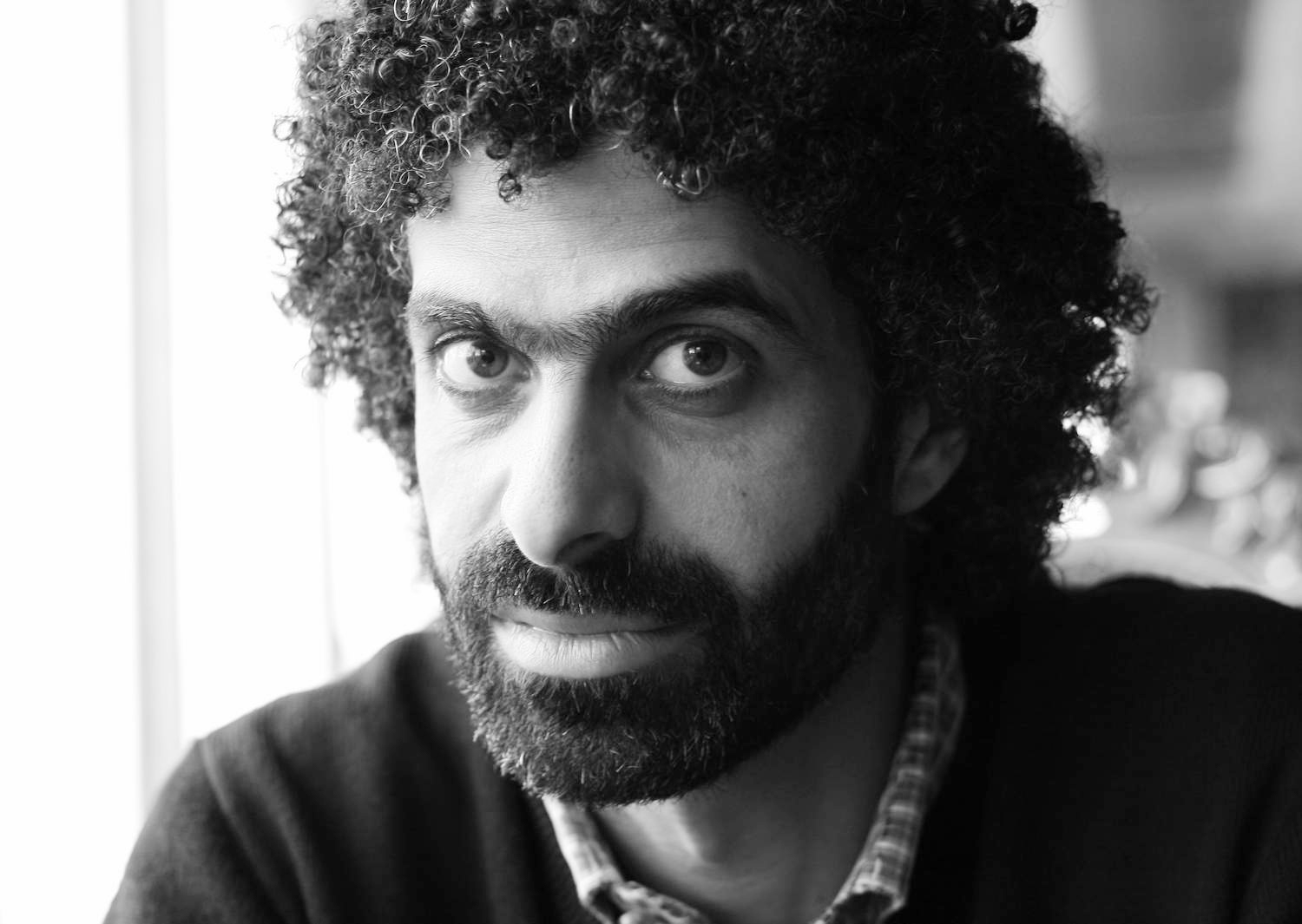Radicalisation is a phenomenon that has been striking not only in parts of Asia and Africa but also in the heart of Europe. While the number of Muslims in Germany is estimated by 4.7 million (5.8%), 70% of the almost 900,000 asylum-seekers have arrived in recent years are believed to be Muslims. It is undeniable that there is discrimination in Germany, and it is equally undeniable that more on issues of integration and conflict prevention should be done. Thus, could effective integration processes prevent radicalisation of the Muslim youth in Europe?
In a conference on the Muslim youth in Germany between integration, compartmentalisation, and the new, a variety of scholars and experts gathered to discuss issues inherent to the participation and self-alienation of Muslim youth in German society; two main pillars received more attention than any others. The first is the feasibility of funding Muslim associations in Germany to prevent radicalisation among the youth. The second is the processes of radicalisation and de-radicalisation of the youth and whether there are any preventive measures.
Deputy head of the integration department at the Hessian Ministry of Social Affairs and Integration Claudia Hackhausen said that integration and diversity are crucial for the Hessian government. The government supports a “Welcome Culture” [lit. Willkommenskultur] in which respect, mutual appreciation, commitment, and a sense of responsibility for the overall good are priorities.
Thus, Hessian Ministry of Social Affairs and Integration supports innovative projects such as the “Hessian Labour Market Initiative”, which adopts a package of measures to integrate refugees into the work market and society. As part of the “Training and Qualification Budget”, up to €10.5m was raised in funding to cover language classes, qualification, and training of refugees. Hackhausen adds that the government also exerts efforts to equally support the youth of all backgrounds.
Obviously, the integration of Muslim youth in Germany is very important for the stability of German society. Susanne Schroeter, a professor at the Geothe University and the director of the Frankfurt Research Centre for Global Islam, highlights the necessity of focusing on concepts of plurality and participation, when approaching the issue of Muslim youth.
On the one hand Muslim youth face several problems such as marginalisation and discrimination, which makes it harder for youngsters from a Muslim background to, for instance, find jobs or apartments. This is more likely to make the youth more sensitive, and hence increase their feeling of being socially disadvantaged.
On the other hand Muslim youth face resistance when trying to fully integrate in German society. Such resistance namely comes from parents and peers, who warn of losing one’s identity.
There is no black or white
Working with the youth poses many challenges and responsibilities. Based on her work with Muslim youth in mosques and Islamic associations in Hesse in Germany, Schroeter elucidates a few cases, in which there is a detectable impact of ultra conservative Salafist thought on the Muslim youth. Youth work in mosques is often “problematic”, Schroeter argues, especially when supported by Islamic associations.
While conservative Salafism is more likely to espouse an extremist interpretation of Islam, in which a narrow-minded worldview is put in place, it is not necessarily inclined to violence.
Nevertheless, such interpretation of Islam, as Schroeter explains, views the world according to two templates: the house of peace [lit. Dar Al-Salam] and the house of war [lit. Dar Al-Harb]. For instance, “Safer Spaces”, a project supposedly directed to the youth and financed by the Federal Ministry of Family Affairs, Senior Citizens, Women, and Youth, follows this interpretation to divide the world into not two but three templates: the “house of peace”, the “house of war”, and the “house of peace treaty”, where a contractual agreement between two “houses” applies. Germany in this case lies in the “house of peace treaty”. On their website, for instance, Muslims are required to understand that “in a non-Muslim country, to vote or not to vote are both equally bad options”.
“Muslims should try their best to unite and form political blocs in order to exert a significant influence in society,” stated on Saferspaces.de.
As preventive measures concerned, Schroeter argues that change could start at schools. For instance, new subjects and/or workshops to address issues of multiculturalism seem to be necessary for pupils from all backgrounds. Pupils, Schroeter explains, need to learn about the differences not only between Islam and Christianity but also about the differences between atheism, Judaism, Buddhism, etc. In other words, pupils need to learn about different worldviews, cultures, and traditions.
In Hesse alone there are about 75,000 pupils of a Muslim background.
According to Schroeter, extremism thrives through mosques and worship halls. Therefore, they have to be closely and critically observed. Nevertheless, it is important to note that not all mosques work in this direction as some of them offer significant assistance in relation to topics of tolerance, interreligious dialogue and anti-extremism. Good examples of such efforts could be seen at the Union of Islamic Cultural Centres in Cologne (VIKZ), the Youth Centre in Biebrichand Gerhart Hauptmann school in Wiesbaden.
Part II of this article will be published in Wednesday’s paper.
Hakim Khatib is a political scientist works as a lecturer for politics and culture of the Middle East, intercultural communication and journalism at Fulda University of Applied Sciences and Phillips University Marburg. The article first appeared in Mashreq Politics and Culture Journal.




